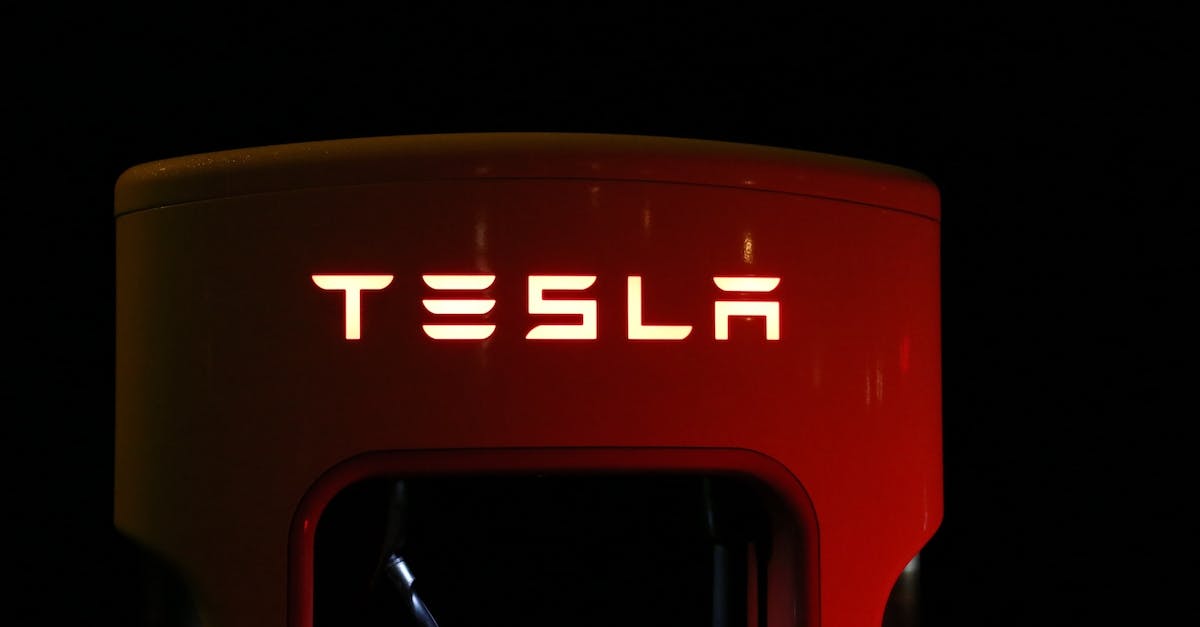The future of electric cars is looking bright as advancements in technology and environmentally-conscious initiatives continue to gain momentum. This comprehensive guide covers everything you need to know about the future of electric cars, including the latest trends, developments, and challenges.
The Rise of Electric Cars
Electric cars have been gaining in popularity for several reasons. As consumers become more aware of the environmental impact of traditional gas-powered cars, the demand for green transportation solutions has increased. Additionally, advancements in battery technology have allowed for longer driving ranges, while infrastructure investments have made it easier for electric cars to be charged at a growing number of locations.
In 2020, sales of electric cars reached a record high, even during the pandemic. While electric cars still only make up a small percentage of overall car sales, the trend is expected to continue, as more automakers shift their focus towards electric vehicle (EV) production.
The Benefits of Electric Cars
The benefits of electric cars are numerous. They produce no emissions, are cheaper to operate and maintain, and offer a smoother and quieter driving experience. Additionally, electric cars have been shown to have lower lifetime costs than their gas-powered counterparts, even when accounting for the higher upfront purchase price.
Electric cars are also more efficient than gas-powered cars, which waste energy through heat and mechanical power loss. By contrast, electric cars convert almost all of the energy from the battery into motion.
Challenges and Solutions
Despite the benefits of electric cars, several challenges must be addressed to ensure their widespread adoption. The most significant challenge is the limited driving range of many electric cars, which can cause range anxiety for drivers.
To address this issue, automakers are developing more efficient batteries and improving charging infrastructure, making it easier to charge cars on long trips. The Tesla Supercharger network, for example, allows drivers to charge their cars in less than an hour, while fast-charging stations are becoming more common in public areas.
Another challenge facing electric cars is the availability of rare earth minerals, which are used in battery production. As demand for electric cars grows, governments and companies must work to ensure a reliable, sustainable supply of these minerals.
Government Incentives and Regulations
To encourage the adoption of electric cars, many governments are offering incentives such as tax credits and rebates for EV purchases. Some countries are also implementing regulations aimed at reducing emissions, such as requiring automakers to sell a percentage of zero-emission vehicles.
In the United States, President Joe Biden has proposed a $174 billion investment in


